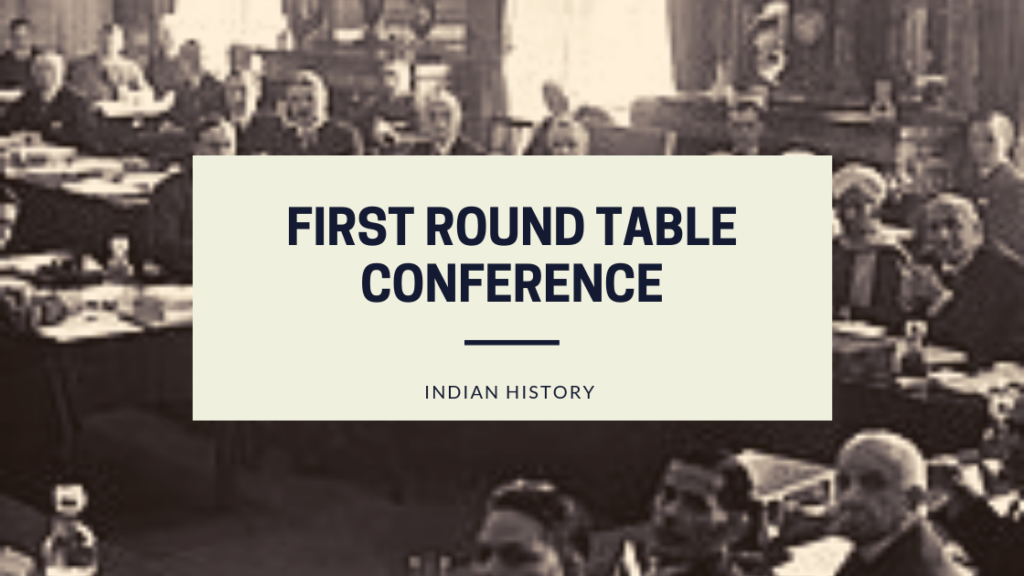History of Round Table Conferences: Constitutional Reform in British India- SSC 2019
The Round Table Conferences: Know about its origin
Why was the Round Table Conference conducted?
The Labour Party of British India conducted a series of Round Table Conferences in order to bring out constitutional reform in India during 1930 – 32. There were three round table conferences between 1931 and 1932. History of India is an important part of competitive exams like SSC MTS, CHSL, UPSC, Bank Exams etc. In this article, we will discuss the key points of the first round table conferences in detail.
Read more: History and Meaning of Anglo Indians- SSC Exam Preparation

Before the Round Table Conference
1. Simon Commission’s report failed to satisfy Indians and Jawaharlal Nehru demanded complete independence of India in Congress’s session at Lahore 1929.
2. The freedom movement demanded self-rule and the Civil Disobedience movement was rolling in the country.
3. This conference was an outcome of the recommendation of Mohd. Ali Jinnah, Lord Irvin, and the then British Prime Minister Ramsay MacDonald.
4. The conference, for the first time, brought Indians and the British government at one table as equals.
The First Round Table Conference
The first Round Table conference was held between November 1930 and January 1931. It was officially integrated on 12th November 1930 in London.
The participants of the First Round Table conference included:
16 Delegates – Three British Political Parties
74 delegates – India comprising 58 from political parties in India and 16 from the Princely States.
No one from the Indian National Conference or from any other leading political or business leader could attend the conference because of they were imprisoned for participation in the Civil Disobedience Movement.
The conference had the following prominent leaders –
Muslim League: Muhammad Ali Jinnah, Muhammad Shafi, Aga Khan, Muhammad Ali, Muhammad Zafrulla Khan, A.K. Fazlul Huq
Hindu Mahasabha: S. Moonje and M.R. Jayakar
Indian Liberal Party: Tej Bahadur Sapru, C. Y. Chintamani and Srinivasa Sastri
Sikhs: Sardar Ujjal Singh
The Untouchables: R. Ambedkar
Dewans of many princely states.
Primary issues of the First Round Table Conference
Defining the federal structure, provincial constitution, provinces of Sindh and NWFP Minorities and defense services
Executive responsibility to the legislature separate electorates for the ‘untouchables’ as demanded by Dr. B. R. Ambedkar.
Tej Bahadur Sapru moved the idea of an All-India Federation for the maintenance of internal sovereignty.
The demand for Separate Electorates for Untouchables
Dr. B. R. Ambedkar proposed the demand for separate electorates for the Harijans.
The first round table conference had an agreement and recommendation for the representation of Muslims, Indian Christians, Sikhs, Depressed Classes (Dalits), Anglo-Indians and Europeans.
All India Federation
Tej Bahadur Sapru proposed the idea of All India federation in the first Round table conference. It was to maintain the internal sovereignty supported by participants of princely states. The British agreed on the introduction of representative government on the provincial level.
The aftermath of the first round table conference
The conference lasted till 9th January 1931. Most of the principles discussed in this conference were agreed upon but since members’ of the Indian National Congress were not present in the conference, the proposals were not implemented.
In the next article, we will discuss the second and the third round table conferences and inference of these round table conferences.
For information Click here
